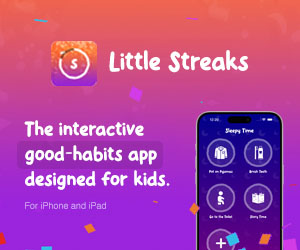Hi, no experience taking extra subject or additional semester, but the NCAA eligibility Centre will be able to help. I believe Jonah Bolden had a similar issue and actually did either part or a whole additional semester & as a result had to red shirt his first year at UCLA.
There are 16 semesters, 2 in each year from Y9 to Y12.
I can't recall exactly, but I think the problem you will have is you only have a certain number of semesters to complete the required core subjects & hence the required GPA. Essentially you can't repeat semesters. If you don't get the required GPA then you either have to repeat the subject in the remaining time or take an additional subject in the same stream. I.e you don't have high enough marks for biology, so take another science subject, chemistry. But these will be additional subjects, so the workload/study only increases. This is easier said than done.
I wish you luck, but if you are only just finding out about this, I think you may have left your run too late.
There is a lot of information out there about Academic Eligibilty for Div 1 & Div 2. But you'll spend 10's of hours wading through it all. I had to do it about 4 years ago. It is not impossible, but it is time consuming. I also calculated my Son's GPA as there was an Academic rule book that translated Australian education results into a GPA for each state in Australia. Can't remember what it was called, but I still have a couple of copies on my laptop.
Don't discount Div 2 or even junior college. From junior college you can transfer to a Div 1 or Div 2 college after 2 years. Also, the 'prestige' of Div 1 is not the be all & end all. Speaking from experience, pick a place where your kid is sure to play otherwise it is a disappointing experience. Try & pick a well respected academic college. Only 1 in 1000 or more will play in our NBL let alone the NBA. So focus on getting somewhere where they will play & get a well respected degree.
Your kid really needs to have a long honest look in the mirror about their abilities.
Download a copy of the NCAA Academic eligibilty rules.
The extract below is from http://www.ncaa.org/student-athletes/play-division-i-sports
Division I academic eligibility
To be eligible to compete in NCAA sports during your first year at a Division I school, you must graduate high school and meet ALL the following requirements:
Complete 16 core courses:
Four years of English
Three years of math (Algebra 1 or higher)
Two years of natural/physical science (including one year of lab science if your high school offers it)
One additional year of English, math or natural/physical science
Two years of social science
Four additional years of English, math, natural/physical science, social science, foreign language, comparative religion or philosophy
Complete 10 core courses, including seven in English, math or natural/physical science, before your seventh semester. Once you begin your seventh semester, you may not repeat or replace any of those 10 courses to improve your core-course GPA.
Earn at least a 2.3 GPA in your core courses.
Earn an SAT combined score or ACT sum score matching your core-course GPA on the Division I sliding scale, which balances your test score and core-course GPA. If you have a low test score, you need a higher core-course GPA to be eligible. If you have a low core-course GPA, you need a higher test score to be eligible.






